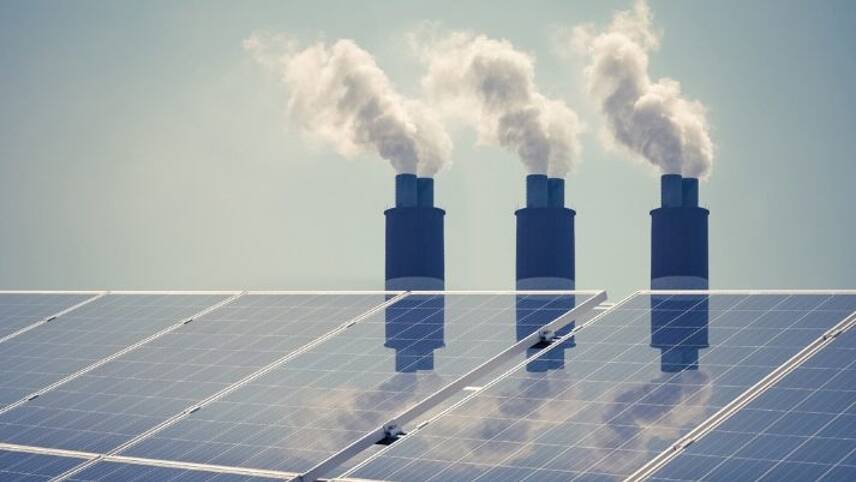Register for free and continue reading
Join our growing army of changemakers and get unlimited access to our premium content

New research from BloombergNEF (BNEF) found that low-carbon energy investments surged by 17% in 2023 to a record $1.77trn. BNEF notes the importance of a record-breaking year of clean spending given the ongoing geopolitical turbulence, high-interest rates and cost inflation. However, it notes that spending levels are not yet sufficient to drive the net-zero transition.
According to the report, energy investments would need to average $4.8trn per year between now and 2030 to align with BNEF’s Net-Zero Scenario.
“Our report shows just how quickly the clean energy opportunity is growing, and yet how far off track we still are,” BNEF’s chief executive Albert Cheung said.
“Energy transition investment spending grew 17% last year, but it needs to grow more than 170% if we are to get on track for net zero in the coming years. Only determined action from policymakers can unlock this kind of step-change in momentum.”
The report found that the electrification of transport was the largest spending sector on low-carbon solutions, growing by 36% in 2023 to $634bn. Spending was focused on electric cars, buses, two- and three-wheelers and commercial vehicles, as well as associated infrastructure.
Transport overtook renewable energy in terms of spending. The latter saw a modest increase of 8% to $623bn. Power grid investments were next in line at $310bn.
There were also notable developments in emerging markets such as hydrogen, which tripled investment levels year on year, carbon capture and storage, which almost doubled, and energy storage.
China was the predominant market for investment, accounting for $676bn in 2023, grabbing more than one-third of the market share.
The UK ranked fourth for low-carbon spending at $73.9bn, behind Germany ($95.4bn) and the US ($303bn).
Mind the gap
Investors and businesses are urging policymakers to introduce new frameworks that incentivises green spending.
Late last year, the UN-backed Net-Zero Asset Owner Alliance of 86 investment giants called on policymakers to send clearer signals to enable the exponential growth of investment in low-carbon industries including renewables and hydrogen.
According to the Alliance’s paper, transitioning to net-zero by mid-century along the Paris Agreement’s 1.5C trajectory would present an investment opportunity of up to $275trn.
On the contrary, failure to deliver either of the Paris Agreement’s trajectories could result in losses of up to $6trn for global asset owners by 2050. Current national policy commitments are aligned with at least a 2.6C trajectory by most estimates.
On the business front, many corporates plan to ramp up investments in clean energy in the coming years, but many cite current upfront costs as a deterrent to their plans.


Please login or Register to leave a comment.